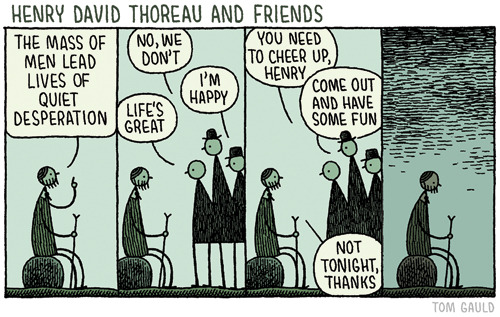Det var mit Frisell-flip, der sendte mig i armene på Tim Berne. De få Berne albums, jeg havde før flippet, er blevet til en fin lille stribe. De seneste tre er fra Bloodcount tiden, alle optaget live i september 1994.
Frisell er ikke med, det er derimod:
Tim Berne: Alto and baritone saxophones
Chris Speed: Tenor saxophone, clarinet
Michael Formanek: Contrabass
Jim Black: Drums
Marc Ducret: Electric guitars
På de over 3½ timer når Berne og co igennem 7 numre, der varierer i længde fra 17 til 51 minutter. Der er ingen umiddelbar fare for arc.

Bloodcount: Lowlife - The Paris Concert I

Bloodcount: Poisoned Minds - The Paris Concert II

BloodCount: Memory Select - The Paris Concert III
Selvmarginalisering - it's a way to be free!
Mvh













